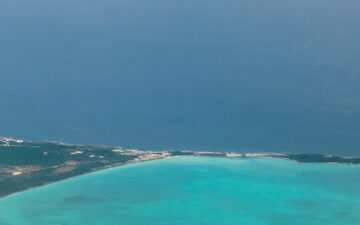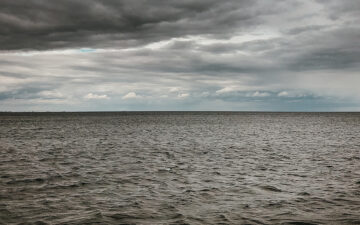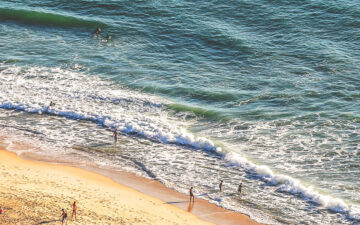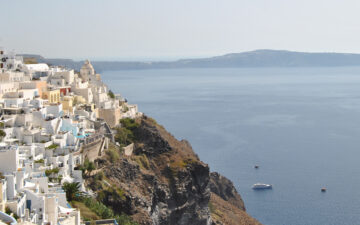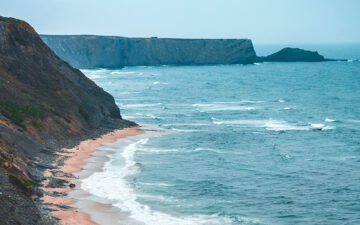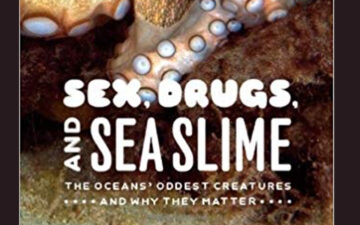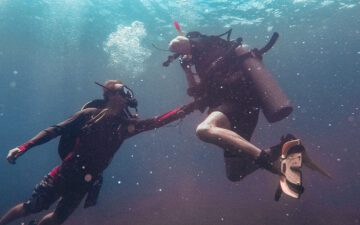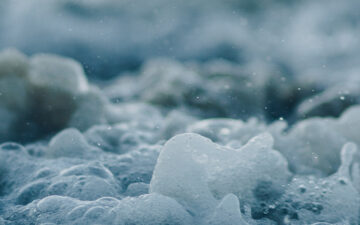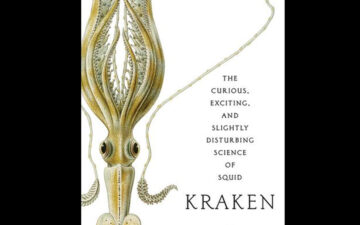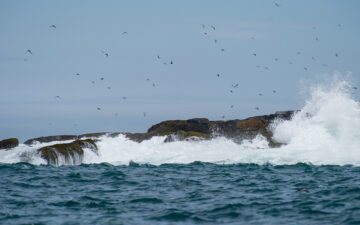Newstream
White Paper on the Extended Continental Shelf
Authors: Robin YeagerPublication Name: The Ocean FoundationPublication Date: Monday, October 14, 2013
Ocean Governance in the Anthropocene
Authors: Ruben Zondervan, Leopoldo Cavaleri Gerhardinger, Isabel Torres de Noronha, Mark Joseph Spalding , Oran R YoungPublication Name: International Geosphere‑Biosphere Programme, Global Change Magazine, Issue 81Publication Date: Tuesday, October 1, 2013 The ocean …
Hear Where We Are: Sound, Ecology, and Sense of Place
Authors: Michael StockerPublication Date: Monday, August 26, 2013 Throughout history, hearing and sound perception have been typically framed in the context of how sound conveys information and how that information influences the …
The Sea of Portugal in the Future: Science and Strategic Vision
Authors: Ernâni LopesPublication Date: Wednesday, June 19, 2013 Released in Portugal under the title: O Mar no Futuro de Portugal: Ciência e Visão Estratégica TOF president Mark J. Spalding contributed a chapter called …
PERVERSE SEA CHANGE: Underwater Cultural Heritage in the Ocean is Facing Chemical and Physical Changes
Authors: Mark J. SpaldingPublication Name: American Society of International Law. Cultural Heritage & Arts Review. Volume 2, Issue 1.Publication Date: Friday, June 1, 2012 The term “underwater cultural heritage”1 (UCH) refers to all …
Sea Science: Marine Spatial Planning is Changing the Way We Deal With Oceans and Coastlines
Authors: Mark J. Spalding and Hooper BrooksPublication Name: Planning PracticePublication Date: Thursday, December 1, 2011 Every planner knows this: The coastal waters of the U.S. are surprisingly busy places, with lots of overlapping uses …
Sex, Drugs, and Sea Slime: The Ocean’s Oddest Creatures
Authors: Ellen PragerPublication Date: Saturday, October 1, 2011 When viewed from a quiet beach, the ocean, with its rolling waves and vast expanse, can seem calm, even serene. But hidden beneath the …
Proceedings of Validation of Dive Computers Workshops
Authors: S. Lesley Blogg, Michael A. Lang, and Andreas MollerlokkenPublication Name: European Underwater and Baromedical SocietyPublication Date: Wednesday, August 24, 2011
Before the Sun Sets: Changing Ocean Chemistry, Global Marine Resources, and the Limits of Our Legal Tools to Address Harm
Authors: Mark J. SpaldingPublication Name: International Environmental Law Committee Newsletter. May 2011: Vol. 13, No. 2, Page 8.Publication Date: Sunday, May 1, 2011 MESSAGE FROM THE CHAIRS Robin Craig Florida State University College …
Kraken: The Curious, Exciting, and Slightly Disturbing Science of Squid
Authors: Wendy WilliamsPublication Date: Tuesday, March 1, 2011 Kraken is the traditional name for gigantic sea monsters, and this book introduces one of the most charismatic, enigmatic, and curious inhabitants of the …
A New Approach to Oceans
Authors: Mark J. SpaldingPublication Name: The Environmental Magazine. March/April 2011 Issue.Publication Date: Tuesday, March 1, 2011 On July 19, 2010, President Obama issued an Executive Order that spoke to the need for integrated …
Making Lemonade
Authors: Mark J. Spalding, J.D.Publication Name: The Environmental Forum. January 2011: Volume 28, Number 1.Publication Date: Monday, January 31, 2011 Last March, President Obama stood in a hangar at Andrews Air Force base and …
